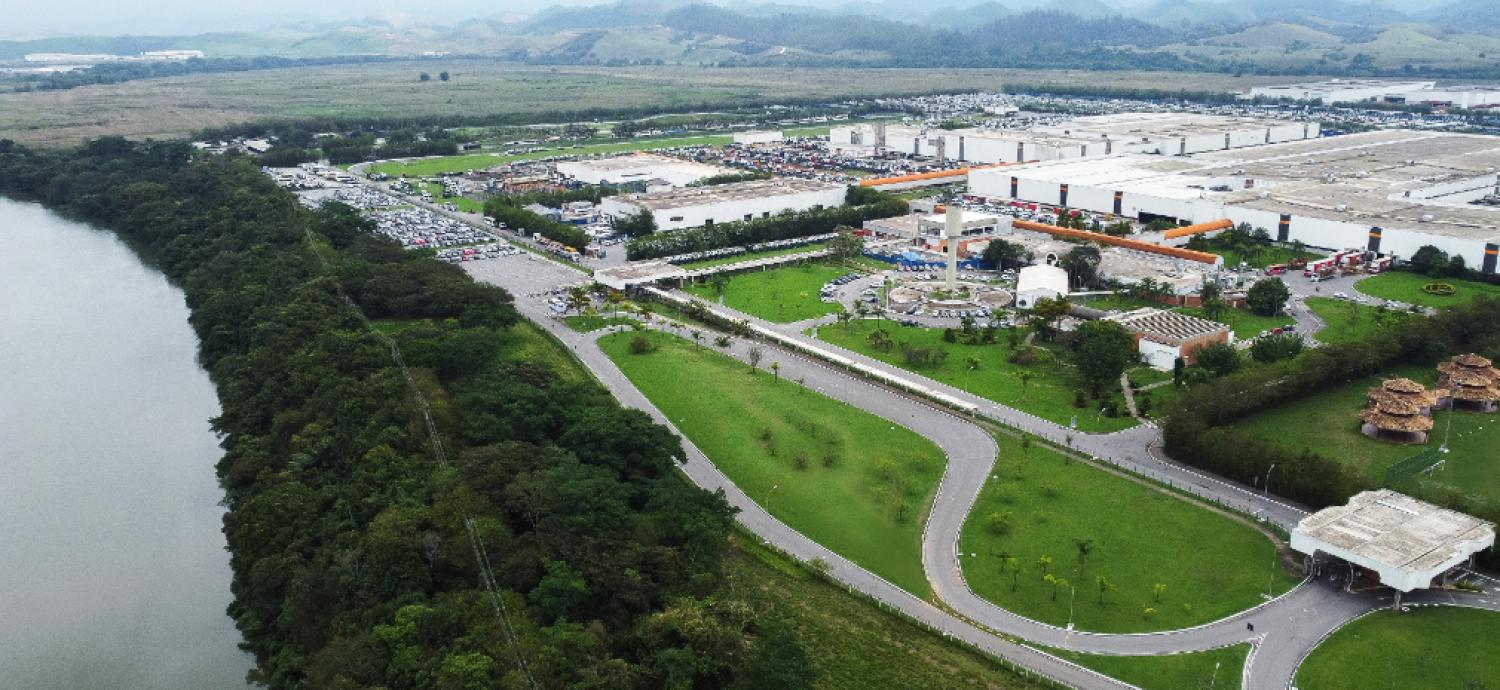
Year by year, Volkswagen Truck & Bus advances in its commitment to environmental preservation. Known for developing vehicles with sustainable attributes and constantly investing in research on the subject, the automaker uses 100% certified electricity in its operations, saves more and more natural resources and has reduced its water and energy consumption by around 30%. In addition, the brand is responsible for developing the first Brazilian Arla 32 tank made from renewable raw materials and has reduced its carbon emissions index associated with the use of electricity at its factories, distribution center and offices by 90%.
The role of renewable energy sources in reducing the carbon footprint and promoting sustainability are fundamental issues for VW Truck & Bus and guide strategic practices in the company. To reach the 100% clean electricity milestone, the automaker's efforts included prioritizing the purchase of energy from renewable sources certified by the global renewable energy attribute traceability system (I-REC). This advance was accompanied by other gains recorded in the conscious use of natural resources and reduction of emissions by about 90% compared to 2021. Indicators fell to 263.55t CO2e, reflecting greater use of renewable sources and gains in energy efficiency.
“Linked to the commitment to sustainability, the pursuit of innovation allows us to advance our goal of decoupling VWTB's growth from increased resource use. We are always on the lookout for improvements we can make. These adaptations, as small as they may seem, allowed us to reduce energy use by 26%, water consumption by 28% and waste generation by 22% between 2023 and 2024," explains Priscila Rocha, Sustainability Manager at Volkswagen Truck and Bus.
The automaker's actions are not restricted to reducing the use of resources. Thanks to the investment in research, VWTB is responsible for the development of the first Arla 32 tank with bioplastic derived from sugarcane. In 2024, the initiative prevented the emission of 1,150 tons of CO2e into the atmosphere and reduced electricity consumption for the production of the part by 20%, while also reducing operating costs.
Sustainability in action
In its production line, initiatives with a sustainable premise are also disseminated among operators and are in direct dialogue with the theme proposed by the United Nations for Environment Day 2025: the fight against plastic pollution. In this sense, the partners of the Modular Consortium, with the support of VW Truck & Bus, promote a project to separate materials in the production area of the Resende factory, such as clips, covers and others.
As well as making it possible to recycle plastic waste, the initiative involves the participation of the line's operators and has made a significant contribution to reducing waste, reducing environmental impact and promoting the concepts of circular economy and recycling among employees. The changes in habits and encouragement to keep a watchful eye make the assemblers protagonists in the search for improvements and new sustainable initiatives. Thanks to their familiarity with the processes, they become the main vehicles for the transformation of the company's routines and carry this message into their homes as well.
In order to intensify the electrification of internal logistics, VW Truck & Bus has expanded the e-Delivery fleet in operation through a partnership with LOTS Group. The three vehicles are driven by women participating in Elas no Volante (Women at the Wheel), a program that seeks to promote gender equality within the transport sector, and together they avoid around three tons of CO2 per year. The trajectory adopted by VWTB bets that the industry of the future will be marked by the convergence of technology, sustainability and people.
